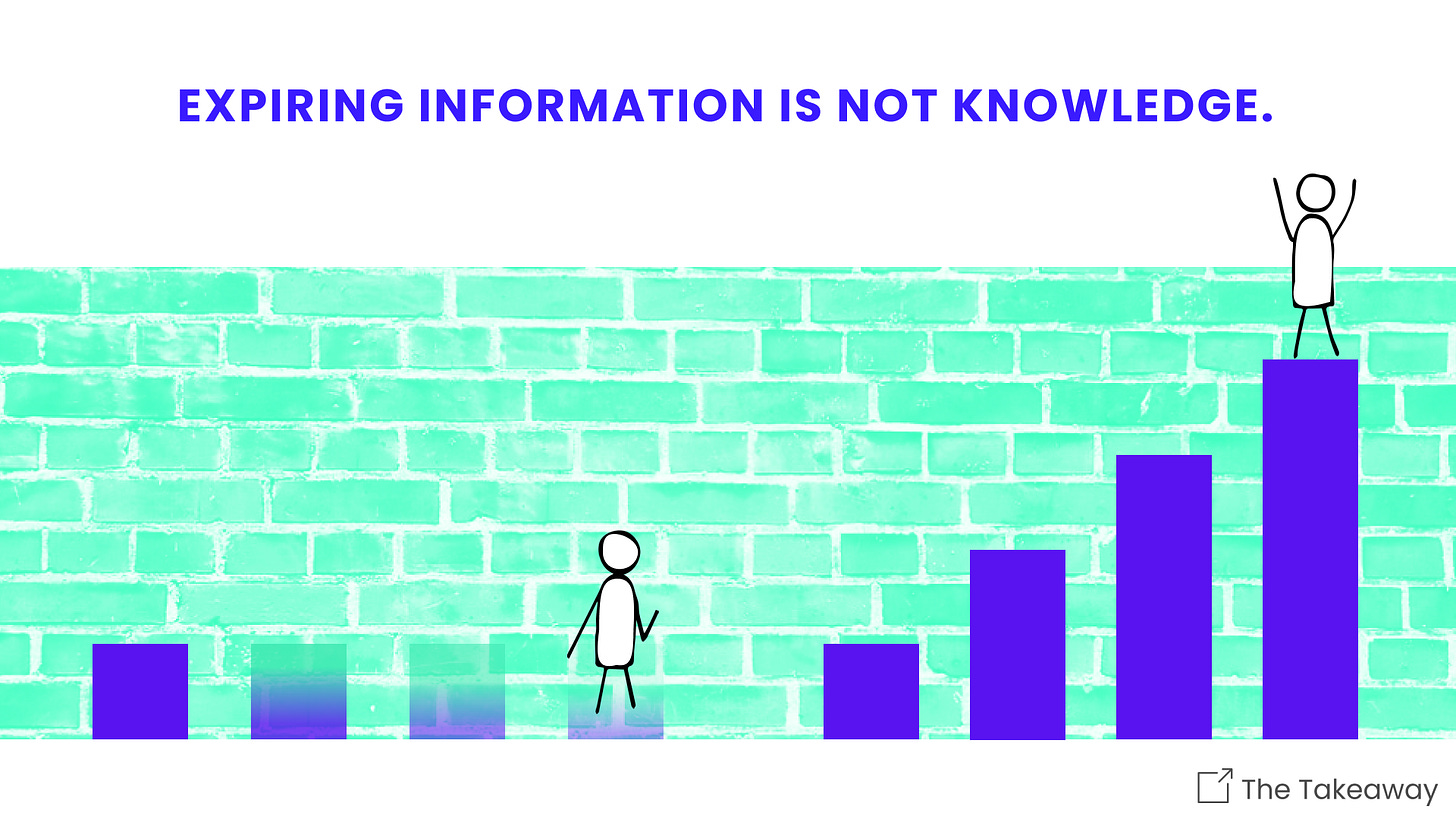#21 The Snowball Effect
The magic of compounding knowledge.
In 1941 a determined 11-year-old boy made his first investment. He bought 3 shares of a company at $38.25 per share.
The stock quickly dropped to $27.
He held on tenaciously until it reached $40 and sold them for a small profit.
Soon after, the shares went up to $202 a share.
This early lesson on patience never left him.
His name is Warren Buffet.

Photo: MrOwl and Forbes
Today he is an investment guru and one of the richest men in the world (net worth $71.5 billion).
What has made him so successful? Understanding and applying the snowball effect, or compounding, in many areas of his life.

The snowball effect illustrates how small actions can build up and lead to big gains over time.
From a young age, he realized the value of internalizing and accumulating timeless information and lessons. He read everything he could about business principles, visited companies, talked to experts and asked many questions.
With time he created an immense a cumulative base of knowledge in his head. (For more on this here is a talk by Alice Schroeder, the author of Warren Buffett's authorized biography The Snowball).

The key to compounding knowledge like Buffett is to focus on the right type of information.
There are two main types:
A. Short shelf-life information
Think of it as water that evaporates soon after it hits the ground.
It loses its value after we consume it.
It makes you temporarily informed.
For example: social media posts, flash news.
B. Long shelf-life information
Think of it as the snow that can pile up on the cold ground.
It always keeps its value and relevance. It accumulates.
It makes you wiser over time.
For example. books, interviews of successful people.

Most of us spend our time absorbing information with a short shelf-life. We waste time in content that is not useful shortly after we consume it.
Buffett, on the other hand, dedicates most of his time reading and learning about businesses and industries that change very slowly or don't change at all.
This allows him to accumulate his knowledge and be ready to make the right decisions down the road, giving him an incredible advantage.
The Takeaway:
Expiring information is not knowledge.
Accumulate knowledge that will be as useful ten years from now as it is today. This way, it can build upon itself.
Something is really worthwhile if it's enduring and cumulative.
We have limited mental energy and time. Invest it wisely on things that make you a better and more prepared person.
Consuming content like social media is tempting because it serves as an escape. It's ok but in small doses.
For this, I recommend Intention. An excellent tool that has changed how I work and has increased my productivity immensely.
Let me know what you think. I would love to hear from you.
If you enjoyed this Takeaway, share it with a friend!
Catch up or revisit previous Takeaways here.
Start compounding!
María Albert
If a friend shared this post with you, subscribe to future Takeaways here.


